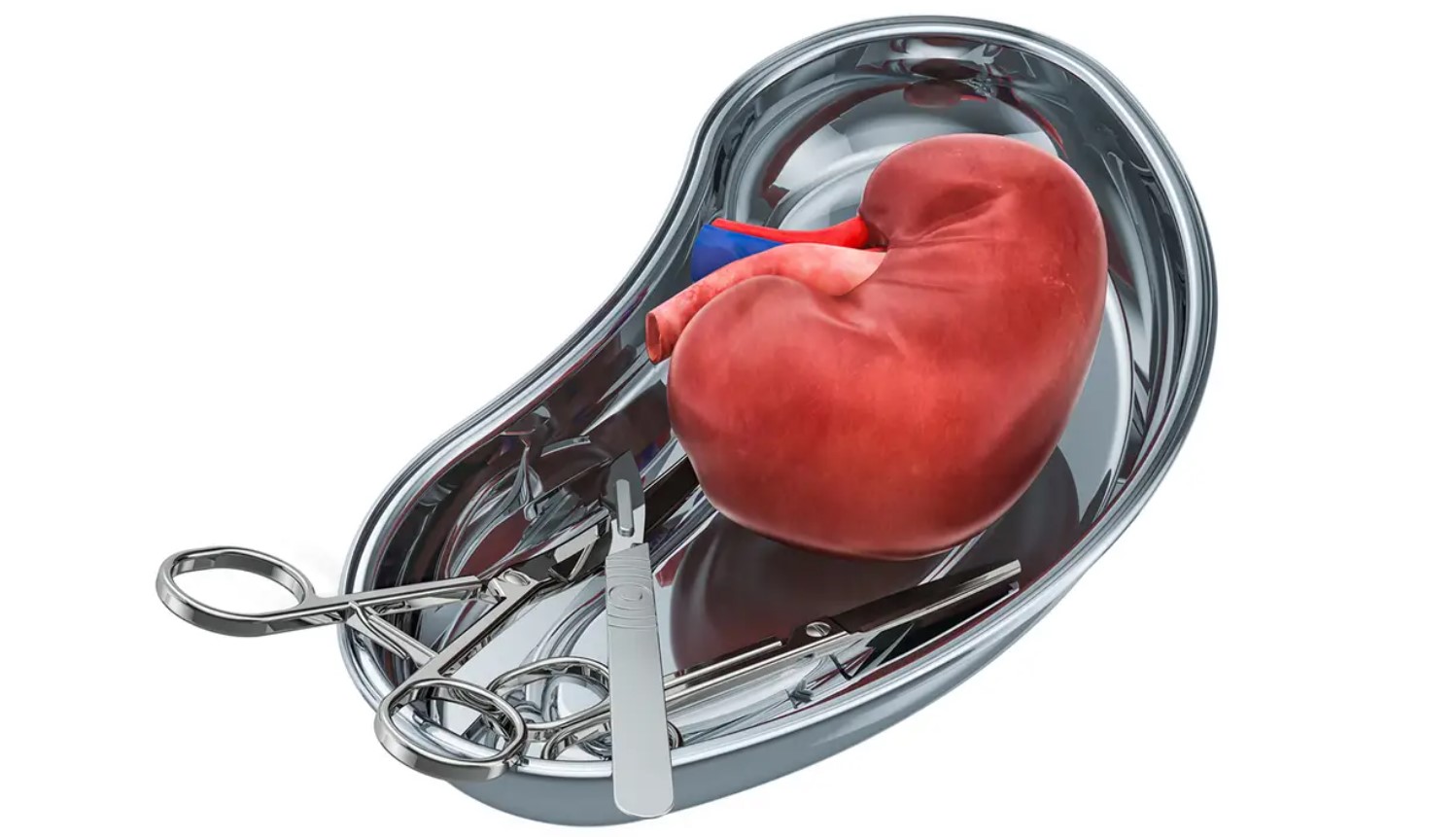Kidney Transplant in India: A Comprehensive Guide
Kidney transplant is a life-saving procedure for patients with end-stage renal disease (ESRD) or severe chronic kidney disease (CKD). India has emerged as a leading destination for kidney transplants due to its advanced medical infrastructure, experienced surgeons, and cost-effective treatment options. This article provides a comprehensive guide to kidney transplant in India, covering everything from eligibility and procedures to the advantages and challenges of undergoing the surgery in the country.
Understanding Kidney Transplant
A kidney transplant involves surgically placing a healthy kidney from a donor into a patient whose kidneys are no longer functioning properly. This procedure can significantly improve the quality of life and longevity of patients suffering from kidney failure. There are two types of kidney transplants:
- Living Donor Transplant: The kidney is donated by a living person, often a family member or friend.
- Deceased Donor Transplant: The kidney is obtained from a person who has recently died and whose family has consented to organ donation.
Eligibility for Kidney Transplant
To be eligible for a kidney transplant in India, patients must undergo a thorough medical evaluation. This includes:
- Assessment of Overall Health: Ensuring the patient is healthy enough to undergo surgery and post-operative care.
- Compatibility Testing: Blood and tissue typing to find a suitable donor match.
- Psychological Evaluation: Assessing the patient’s mental and emotional readiness for the transplant.
Patients with certain conditions, such as active infections, cancer, or severe heart disease, may not be eligible for a transplant.
The Kidney Transplant Procedure
The kidney transplant procedure in India typically involves the following steps:
- Pre-Transplant Evaluation: Comprehensive medical tests and evaluations to ensure the patient is ready for the transplant.
- Finding a Donor: Identifying a suitable donor, either living or deceased.
- Surgery: The transplant surgery involves placing the donor kidney in the patient’s lower abdomen and connecting it to the patient’s blood vessels and bladder. The surgery usually takes about 3-4 hours.
- Post-Operative Care: Intensive monitoring and medications to prevent rejection and ensure the new kidney functions properly.
Advantages of Kidney Transplant in India
- Experienced Surgeons: India boasts some of the world’s best nephrologists and transplant surgeons with extensive experience in performing successful kidney transplants.
- Advanced Medical Facilities: Hospitals in India are equipped with state-of-the-art technology and infrastructure to provide high-quality care.
- Cost-Effective Treatment: Kidney transplant in India is significantly more affordable compared to many Western countries, making it an attractive option for international patients.
- Shorter Waiting Times: The waiting time for a kidney transplant in India is generally shorter, especially with living donor transplants.
- Comprehensive Care: Indian hospitals offer comprehensive pre- and post-transplant care, including regular follow-ups and support services.
Challenges and Considerations
While there are numerous advantages, patients should also be aware of potential challenges:
- Finding a Donor: Identifying a compatible donor can be challenging, and the process may take time.
- Legal and Ethical Issues: Ensuring all legal and ethical guidelines are followed for organ donation and transplantation.
- Travel and Accommodation: International patients need to consider travel and accommodation logistics, including potential language barriers.
- Post-Transplant Care: Long-term commitment to follow-up appointments and medication is essential for the success of the transplant.
Choosing a Kidney Transplant Center in India
When selecting a kidney transplant center in India, consider the following factors:
- Reputation and Accreditation: Choose a hospital with a good reputation and accreditation from recognized medical boards.
- Success Rates: Research the hospital’s success rates for kidney transplants.
- Multidisciplinary Team: Ensure the hospital has a multidisciplinary team of nephrologists, surgeons, anesthesiologists, and support staff.
- Patient Support Services: Look for hospitals that offer comprehensive support services, including counseling and post-transplant care.
Conclusion
A kidney transplant in India offers a viable and cost-effective solution for patients with ESRD or severe CKD. With experienced surgeons, advanced medical facilities, and shorter waiting times, India has become a preferred destination for kidney transplants. However, it is crucial to consider all aspects, including eligibility, procedure details, advantages, challenges, and legal considerations, to make an informed decision.
For those seeking expert kidney transplant care, consult with Dr. Dushyant Nadar, the best doctor for kidney transplant in India, for expert care and successful outcomes. He ensure patients receive the best possible care and improved quality of life. Schedule an appointment at +91-9811526346 or visit www.urologistdrdushyantnadar.com to learn more.


Comments are closed